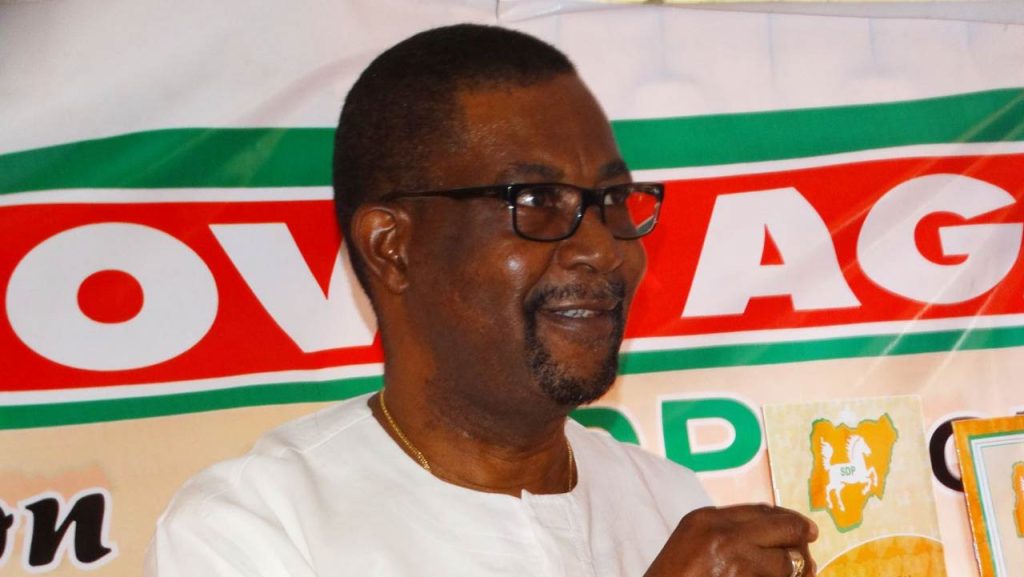On Wednesday, the Federal Capital Territory High Court in Apo, Abuja, dismissed a preliminary objection filed by Olu Agunloye, a former Minister of Power and Steel, contesting the Economic and Financial Crimes Commission’s (EFCC) powers to prosecute him.
Agunloye is being prosecuted by the EFCC on a seven-count indictment stemming from a suspected fraudulent Mambilla Power Project contract award worth $6 billion.
On February 8, 2024, Agunloye filed a motion through his counsel, Adeola Adedipe (SAN), challenging the EFCC’s authority to investigate and prosecute him, as well as the court’s jurisdiction to try him.

In response, prosecution counsel, Abba Muhammed, filed a counter affidavit, dated February 22, 2024, where he dismissed Agunloye’s motion as incompetent and offensive to the provisions of Section 115(2) of the Evidence Act.
Delivering ruling on Wednesday, Justice Jude Onwuegbuzie struck out Agunloye’s motion for lack of merit and held that Section 6 and 7 of the EFCC Establishment Act, 2004, gave the Commission investigative and prosecutorial powers to cause investigation into any act of economic and financial crimes.
“On issues of whether the EFCC has the statutory power to investigate and prosecute before a court of competent jurisdiction, I have considered the application of the defence and the respondent, and I hold that the EFCC is charged with the investigation and prosecution of all economic and financial crimes including, contract scams, money laundering, advance fee fraud etc, including the investigation and enforcement of all economic and financial crimes laws, also cause investigation to weather an individual or company, or anybody is likely to commit any crime.
“Since the instant charges brought against the defendant are economic and financial crimes in nature, the motion brought by the defendant lacks merit and is hereby dismissed,” the judge ruled.
Regarding the legitimacy of the prosecution fiat the Commission obtained from the Office of the Auditor-General rather than that of the Attorney-General of the Federation (AGF), the judge held that any other state, authority or person was eligible to institute criminal prosecution in the absence of the AGF.
“Even if the charge has no seal of the Attorney-General of the Federation, that does not stop the potency of the charge, as the Attorney-General may decide on any member of his department he wishes to delegate his powers to carry out his duties by law,” he said.
He adjourned the matter till May 30, 2024 for continuation of trial.


